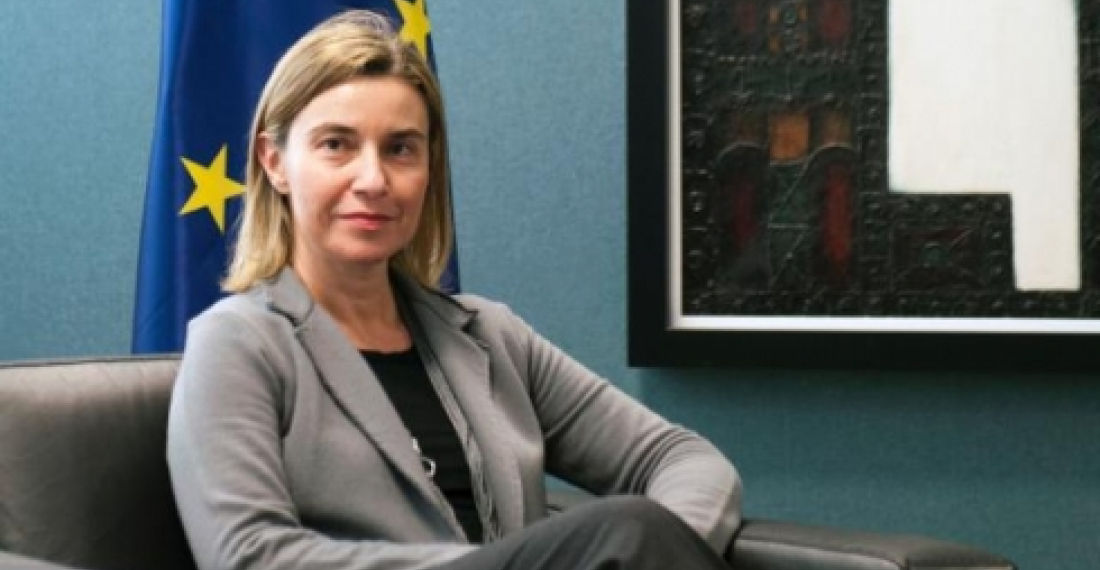A peaceful solution to the Nagorno-Karabakh conflict, in accordance with international law, remains a top EU priority, EU High Representative for Foreign Affairs and Security Policy Federica Mogherini said in an exclusive interview with Trend.
The OSCE Minsk Group is a format accepted by all sides, and endorsed by the UN Security Council, Mogherini said.
"The co-chairs have launched new mediation efforts: our support to this process, including through the EU Special Representative Herbert Salber, has been, and will continue to be, unwavering," she said.
Mogherini went on to add that the EU will also keep supporting peace-building activities and people-to-people contacts. There is no contradiction between these activities and the efforts of the Minsk Group; both are important for long-term reconciliation, she said.
Mogherini expressed her solidarity with all the people affected by this conflict.
"An entire generation has grown up without knowing the true meaning of the word "peace"," she said. "It is no secret that the current status quo is unsustainable. Over the past year we have witnessed an escalation of violence along the line of contact: no one can afford to keep going down this path."
She said that a central part of the talks within the Minsk Group is to find agreement on practical steps towards a comprehensive settlement of the conflict.
"Only a few months ago, in December 2015, both President Aliyev and President Sargsyan confirmed they will keep engaging on current proposals," Mogherini said. "This is vital: ultimately, it is up to your countries' leaders to show courage and move towards peace."
She went on to add that everyone has a duty to refrain from provocative statements and to work to de-escalate the situation on the ground.
"Over the past year heavy weapons were used, civilians were targeted," she said. "The current instability has huge costs for both sides. Peace, on the other hand, would allow for the opening of borders, facilitate trade and communications. Peace could make your region a prosperous gateway between Europe and Asia."
source: commonspace.eu with trend.az
photo: Federica Mogherini (courtesy of trend.az)






